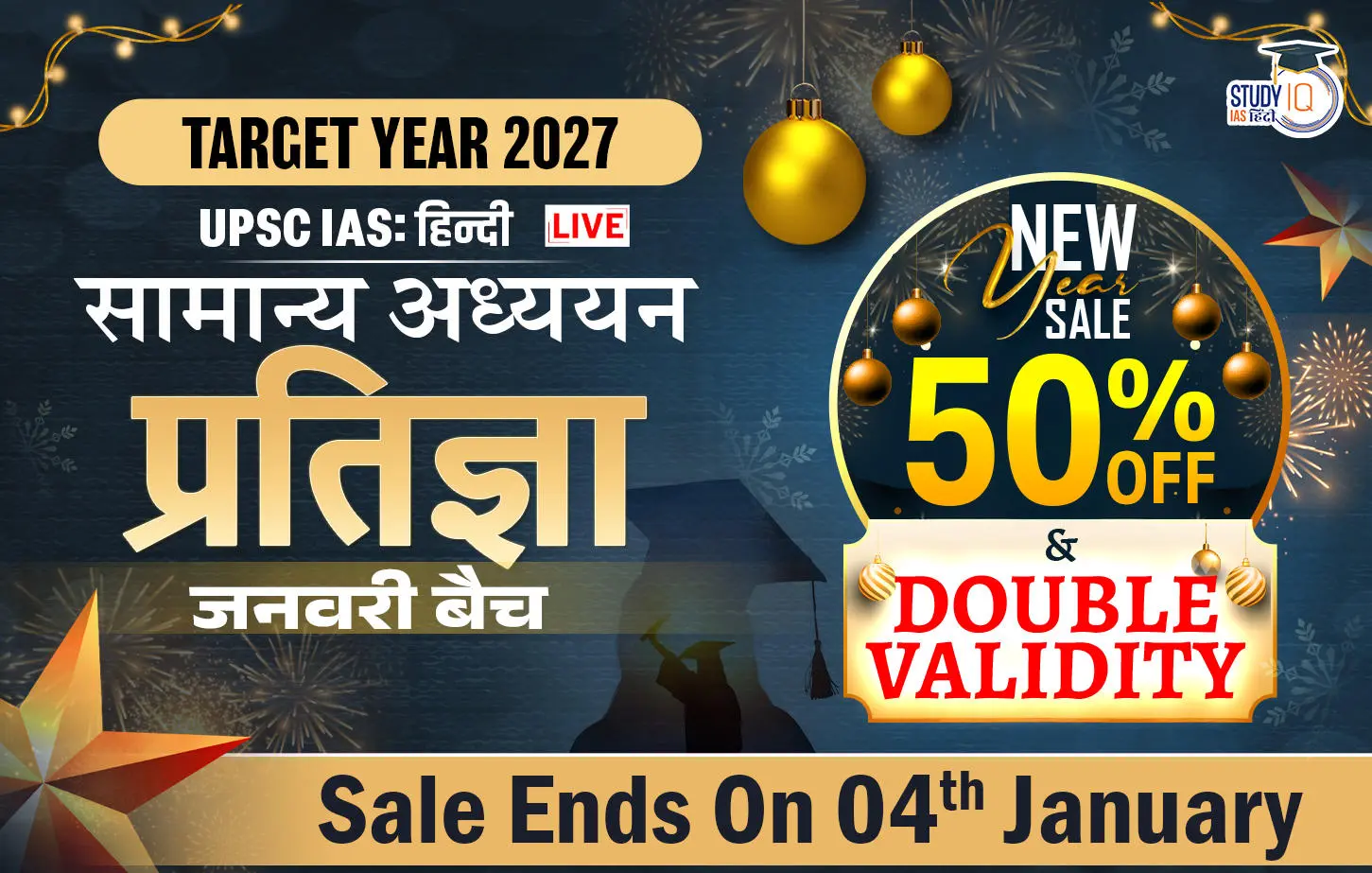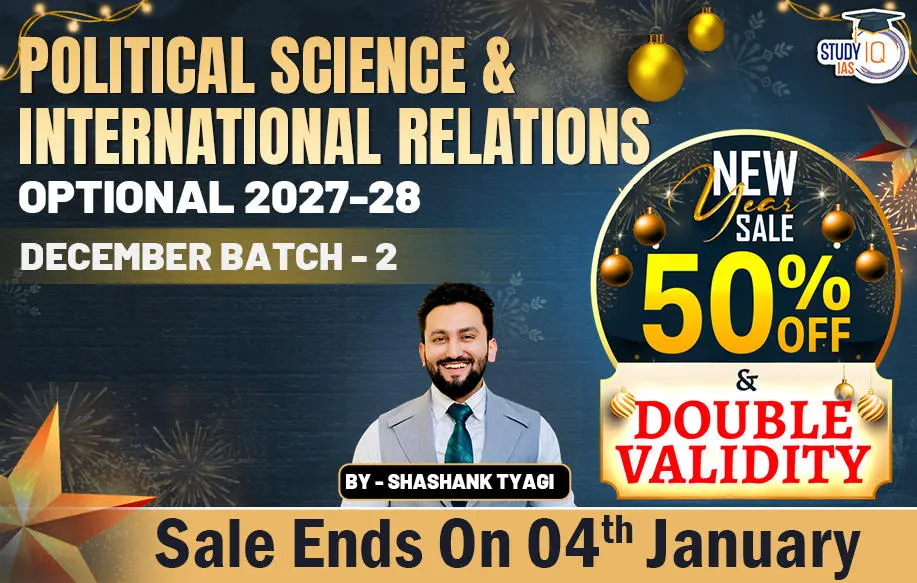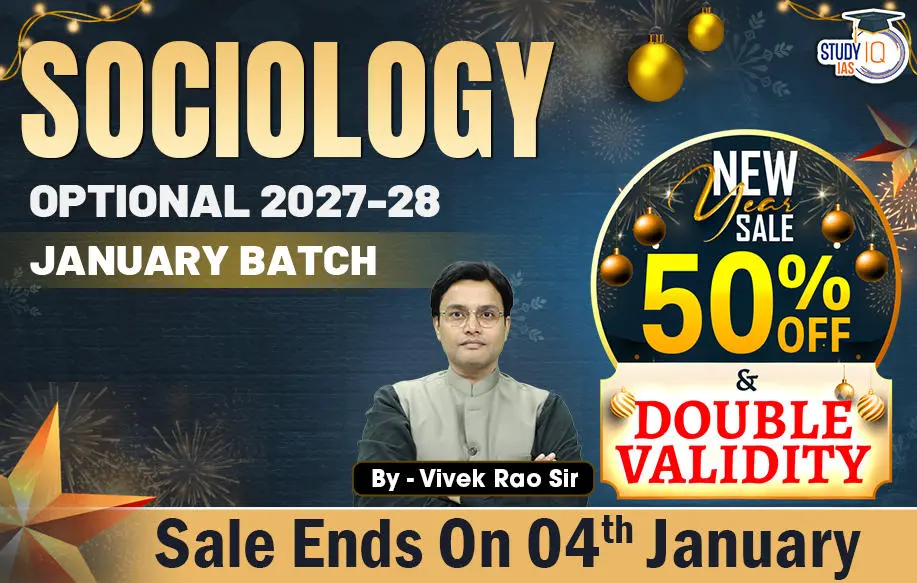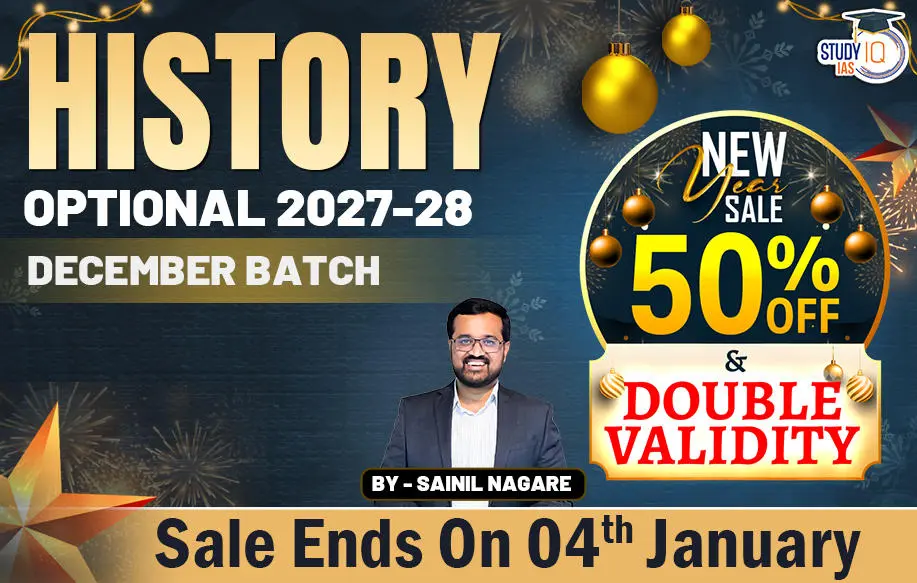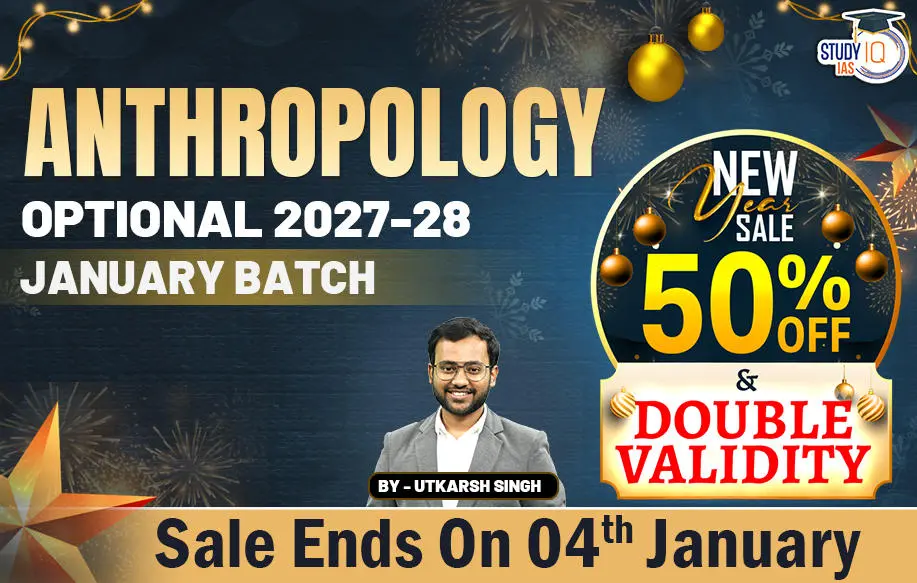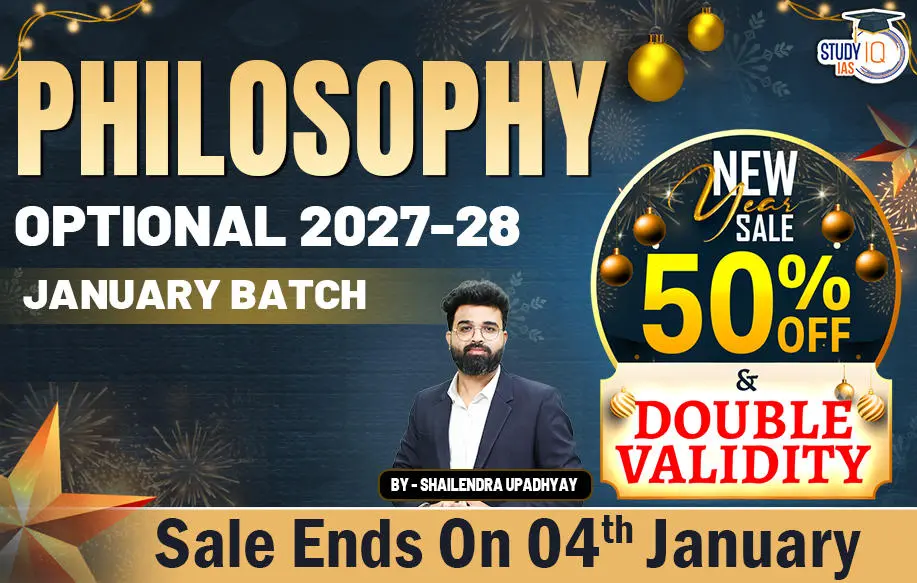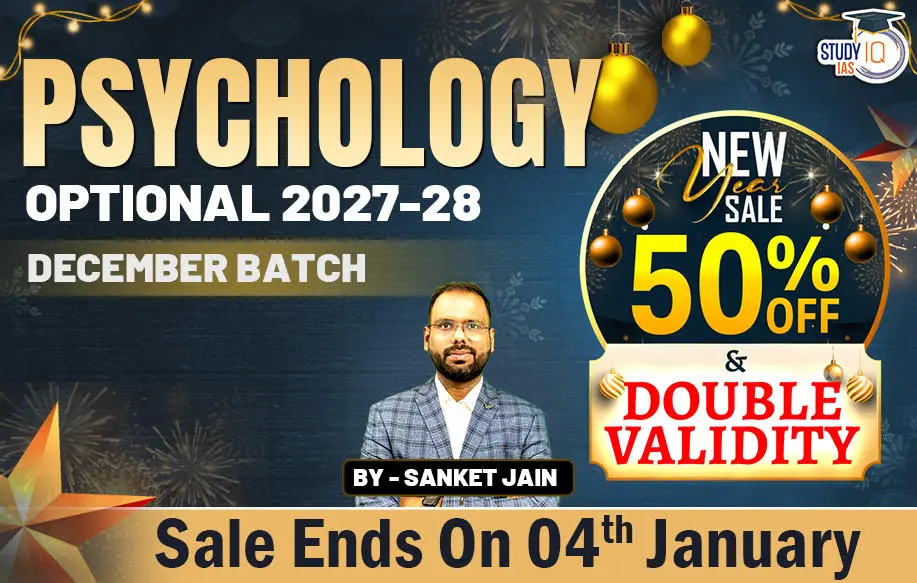UPSC Prelims News of 4 January 2023
Rani Velu Nachiyar
Tags: GS Paper 1: History: Zamindari system
Context: The Prime Minister paid tributes to Rani Velu Nachiyar on her birth anniversary.
- Rani Velu Nachiyar was a queen of the Sivaganga estate (a permanently settled Zamindari estate in the Madras Presidency) from 1780–1790.
- She is known by Tamils as Veeramangai (“brave woman”).
- She was the first Indian queen to wage war with the East India Company in India (in collaboration with Hyder Ali and Gopala Nayaker) and emerged victorious.
- She went on to produce the first human bomb as well as establish the first army of trained women soldiers in the late 1700s.
About the Zamindari system
- It was introduced by Lord Cornwallis in 1793 through Permanent Settlement that fixed the land rights of the members in perpetuity without any provision for fixed rent or occupancy rights for actual cultivators.
- Under the Zamindari system, the land revenue was collected from the farmers by the intermediaries known as Zamindars.
- The share of the government in the total land revenue collected by the Zamindars was kept at 10/11th, and the remainder went to Zamindars.
- The system was most prevalent in West Bengal, Bihar, Odisha, UP, Andhra Pradesh and Madhya Pradesh.
UPSC Prelims News 3 January 2023
‘Viraasat’ Festival
Tags: GS Paper 1: Art & Culture
Context: The second phase of the Sari Festival “VIRAASAT”- Celebrating 75 handwoven Saris of India has begun at Handloom Haat, Janpath, New Delhi.
- The Ministry of Textiles is organizing the festival.
- The second phase, having 90 participants from different parts of the country, brings enhanced attraction through the participation of famous Handcrafted varieties of Saris.
- The first phase of ‘Viraasat’ took place from December 16 to 30, 2022.
- Aim: The event aims to bring renewed focus to the age-old tradition of sari weaving and improve earnings for the handloom community.
- To support handloom weavers, a social media campaign has been launched under the hashtag #MySariMyPride.
SMART Program
Tags: GS Paper 3: Science: Medicine
- Context: The National Commission for Indian System of Medicine (NCISM) and the Central Council for Research in Ayurvedic Sciences (CCRAS) have launched ‘SMART’ (Scope for Mainstreaming Ayurveda Research in Teaching Professionals) program.
- The aim of the mission is to boost scientific research in priority healthcare research areas through Ayurveda colleges and hospitals.
- Focus healthcare areas: Osteoarthritis, Iron Deficiency Anaemia, Dyslipidemia, Chronic Bronchitis, Rheumatoid Arthritis, Obesity, Diabetes Mellitus, Psoriasis, Generalised Anxiety Disorder, Non-alcoholic fatty liver disease (NAFLD).
- Significance: The research potential of the large community of Ayurveda teachers remains underutilized. The SMART programme will have a deep long-term rejuvenating impact on research in the field of Ayurveda.
Ethylene Glycol
Context: The Ministry of Chemicals and Fertilizers has issued a gazette notification titled Ethylene Glycol (Quality Control) Order, 2022.
- The notification was issued after Uzbekistan alleged that 18 children had died by consuming India-manufactured medicinal syrup laced with ethylene glycol.
- Ethylene glycol ((CH₂OH)₂) is a chemical contaminant that may be present in the solvent that is used in the syrups. It is considered toxic to humans.
- Use: It is usually found in products such as antifreeze, hydraulic brake fluids, stamp pad inks, ballpoint pens, solvents, paints, plastics, films, and cosmetics.
- It can also be used in manufacturing polyesters, explosives, alkyd resins, and synthetic waxes.
- Features: Colourless, combustible, odourless, and has a sweet taste.
- Health effects: Its consumption can cause abdominal pain, vomiting, diarrhea, inability to pass urine, headache, and altered mental state. It can lead to acute kidney injury that may turn fatal in children.
Strait of Hormuz
Tags: General Studies –2 Effect of Policies & Politics of Countries on India’s Interests, General Studies – 1 World Map
Why in news? Recently, the United Arab Emirates and Iran’s military have started their annual Drill in the coastal area of the Gulf of Oman and near the strategic Strait of Hormuz.
About:
- The strait is located at the mouth of the Persian Gulf and is crucial to global energy supplies, with about a fifth of all oil traded at sea passing through it.
- The waterway separates Iran and Oman, linking the Persian Gulf to the Gulf of Oman and the Arabian Sea.
- Most crude exported from Saudi Arabia, Iran, the UAE, Kuwait and Iraq – all members of the Organization of the Petroleum Exporting Countries (OPEC) – is shipped through this waterway.
- It is also the route used for nearly all the Liquefied Natural Gas (LNG) produced by the world’s biggest LNG exporter, Qatar.
No Confidence Motion
Tags: General Studies –2 Parliament, Executive
Why in news? Recently, Opposition MLAs in Maharashtra have moved a no-confidence motion against the assembly speaker.
About:
- A no-confidence motion is a parliamentary motion which is moved in the Lok Sabha against the entire council of ministers.
- No prior reason needs to be stated for its adoption in the Lok Sabha.
- A motion of “No Confidence Motion” against the Government can be introduced only in the Lok Sabha under rule 198.
- The Constitution of India does not mention about either a Confidence or a No Confidence Motion.
- Although, Article 75 does specify that the Council of Ministers shall be collectively responsible to the Lok Sabha.
- A motion of No Confidence can be admitted when a minimum of 50 members, support the motion in the house.
Mutual Legal Assistance Treaty (MLAT)
Tags: General Studies –2 Groupings & Agreements Involving India and/or Affecting India’s Interests, Important International Institutions, Bilateral Groupings & Agreements
Why in news? Recently, India and Saudi Arabia are in talks to sign an MLAT to obtain formal assistance from each other in investigations related to criminal cases.
About:
- The MLATs in criminal matters are the bilateral treaties entered between countries for providing international cooperation and assistance.
- These agreements allow for the exchange of evidence and information in criminal and related matters between the signing countries.
- So far, India has signed MLATs with 45 countries, but Saudi is one of the many other countries with whom India does not have an MLAT.
- The countries that do not share such a mechanism serve summons, notices and judicial processes on the basis of an “assurance of reciprocity”.
Macro Stress Test of RBI
Tags: General Studies –3 Banking Sector & NBFCs, Statutory Bodies
Why in news? The central bank’s latest Financial Stability Report (FSR) indicates that in a baseline scenario, the gross non-performing assets in the banking system will improve to 4.9% by September 2023.
About:
- Marco-stress testing on the banking sector is undertaken to assess the resilience of the banking system to exceptional but plausible stress events.
- These tests cover credit risk, interest rate risk, liquidity risk and the resilience of commercial banks in response to these shocks.
- Generally, RBI considers three scenarios for stress tests:
- baseline and two adverse – medium and severe scenarios.
Kalasa Banduri Nala Project
Tags: General Studies –1 Physical Geography
Why in news? Recently, the Center has given its nod for the Detailed Project Report (DPR) of the Kalasa Banduri Nala Project.
About:
- It is undertaken by the Government of Karnataka to improve the drinking water supply to the three districts of Belagavi, Dharwad, and Gadag.
- It involves building across Kalasa and Banduri, two tributaries of the Mahadayi river to divert water to the Malaprabha river (a tributary of the Krishna River).
- Malaprabha river supplies drinking water to Dharwad, Belgaum, and Gadag districts.
- The kalasa-Banduri project was planned in 1989.
Citizenship Norms
Tags: General Studies –2 Indian Polity and Constitution
Why in news? The Centre has issued application guidelines for those whose parents had renounced Indian citizenship when they were minors but now want to reclaim their nationality.
About:
- Citizenship is listed in the Union List under the Constitution and thus is under the exclusive jurisdiction of Parliament.
- The Constitution does not define the term ‘citizen’ but details of various categories of persons who are entitled to citizenship are given in Part 2 (Articles 5 to 11).
- As per Section 8 (2) of the Indian Citizenship Act, 1955, “every minor child of a person who renounces their citizenship under Section 8(1), shall, thereupon, cease to be a citizen of India. Provided that any such child may, within one year after attaining full age, make a declaration that he wishes to resume Indian citizenship…”

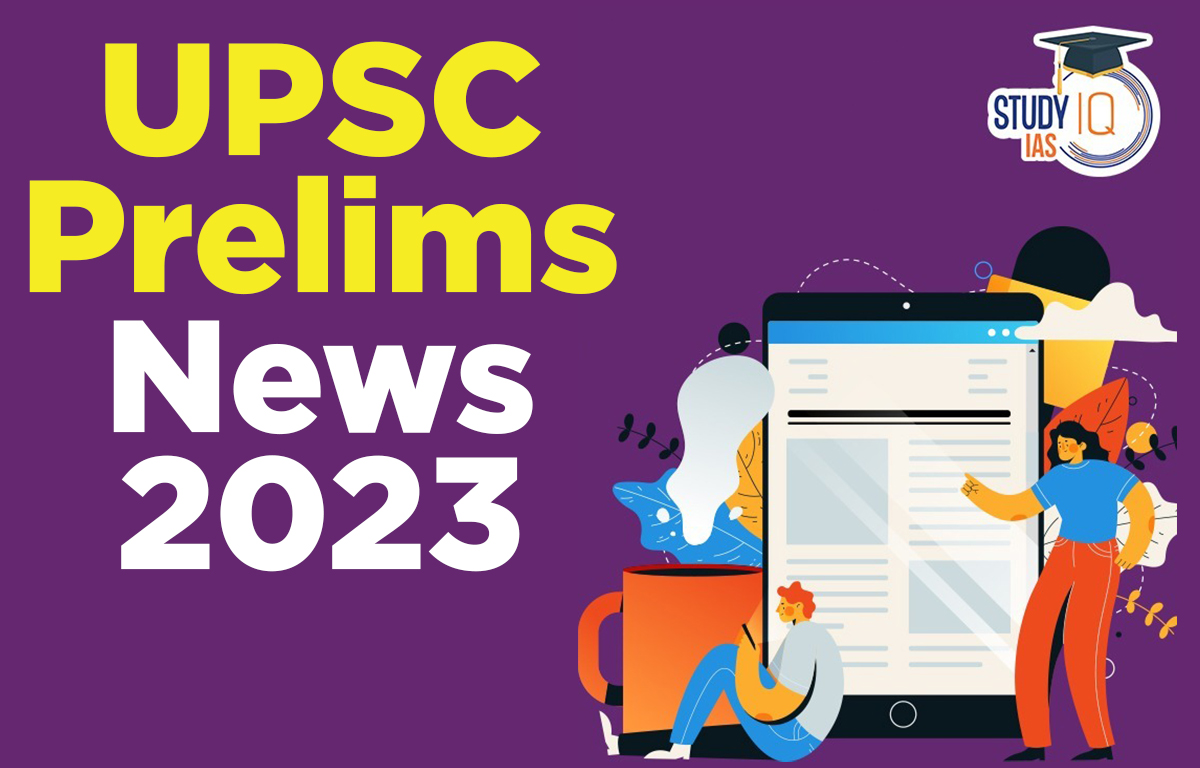
 UPSC Prelims News 17 March 2023
UPSC Prelims News 17 March 2023
 UPSC Prelims News 7 March 2023
UPSC Prelims News 7 March 2023
 UPSC Prelims News 1 March 2023
UPSC Prelims News 1 March 2023


